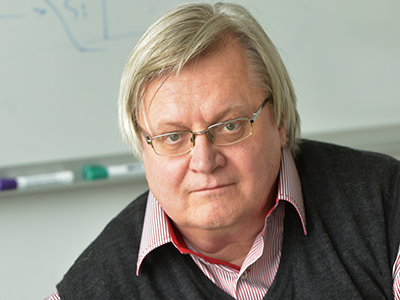2022 Max Born Award Winner
Get Involved
- Awards & Honors
- Community Engagement
- Early Career Professional...
- Education Outreach
- Public Affairs
- Local Section
- Students
-
Technical Groups
- Bio-Medical Optics
- Fabrication, Design and Instrumentation
- Image Acquisition, Processing. Display and Perception
- Optical Interaction Science
- Photonics and Opto-Electronics
- Quantum
- Sensing
- Technical Group Leadership Volunteers
- Technical Group Webinars
- Technical Group Search
- Technical Group Prizes
- Simulight Optics Challenge
- Volunteer
- Awards & Honors
- Community Engagement
- Early Career Professionals
- Education Outreach
- Public Affairs
- Local Section
- Students
-
Technical Groups
- Bio-Medical Optics
- Fabrication, Design and Instrumentation
- Image Acquisition, Processing. Display and Perception
- Optical Interaction Science
- Photonics and Opto-Electronics
- Quantum
- Sensing
- Technical Group Leadership Volunteers
- Technical Group Webinars
- Technical Group Search
- Technical Group Prizes
- Simulight Optics Challenge
- Volunteer
Optica Names Yuri Kivshar the 2022 Max Born Award Recipient
Optica (formerly OSA) is pleased to announce that Yuri Kivshar, Australian National University, Australia, has been selected as the 2022 recipient of the Max Born Award. Kivshar is honored for pioneering and ground-breaking research in nonlinear metamaterials and all-dielectric resonant metaphotonics that derives unique optical functionalities from electric and magnetic dipolar and multipolar Mie-type resonances underpinning new discoveries in nonlinear and topological nanophotonics.
 Yuri Kivshar received his PhD degree in Kharkov, Ukraine. He was a Humboldt Fellow at the University of Duesseldorf, Germany, and served as a visiting fellow at several research centers and universities in the US and Europe. In 1993, Kivshar moved to Australia where he established the Nonlinear Physics Center at the Australian National University.
Yuri Kivshar received his PhD degree in Kharkov, Ukraine. He was a Humboldt Fellow at the University of Duesseldorf, Germany, and served as a visiting fellow at several research centers and universities in the US and Europe. In 1993, Kivshar moved to Australia where he established the Nonlinear Physics Center at the Australian National University.
Kivshar is a world leader in photonics and metamaterials, who is recognized for his seminal contributions to the study of nonlinear and topological phenomena in light-matter interaction. He is one of the founders of all-dielectric resonant metaphotonics governed by the physics of Mie resonances in dielectric nanoparticles with high refractive index. His innovative ideas and high-impact, influential papers are driving several research fields.
He is currently a Deputy Editor of Photonics Research and has served on several Optica committees. He is a Fellow of Optica, the American Physical Society, the Australian Academy of Science, the Institute of Physics and SPIE. His research has garnered many national and international awards, including International Stephanos Pnevmatikos Award, Lyle Medal, Lebedev Medal, The State Prize of the Ukraine in Science and Technology, Harrie Massey Medal, Humboldt Research Award and SPIE Mozi Award.
Established in 1982, the Born Award recognizes outstanding contributions to physical optics, theoretical or experimental. It honors Max Born, who made distinguished contributions to physics in general and optics in particular. The award is endowed by the United Technologies Research Center, Physical Optics Corporation, and individuals including Joseph Goodman.
About Optica
Optica (formerly OSA), Advancing Optics and Photonics Worldwide, is the society dedicated to promoting the generation, application, archiving and dissemination of knowledge in the field. Founded in 1916, it is the leading organization for scientists, engineers, business professionals, students and others interested in the science of light. Optica’s renowned publications, meetings, online resources and in-person activities fuel discoveries, shape real-life applications and accelerate scientific, technical and educational achievement.
